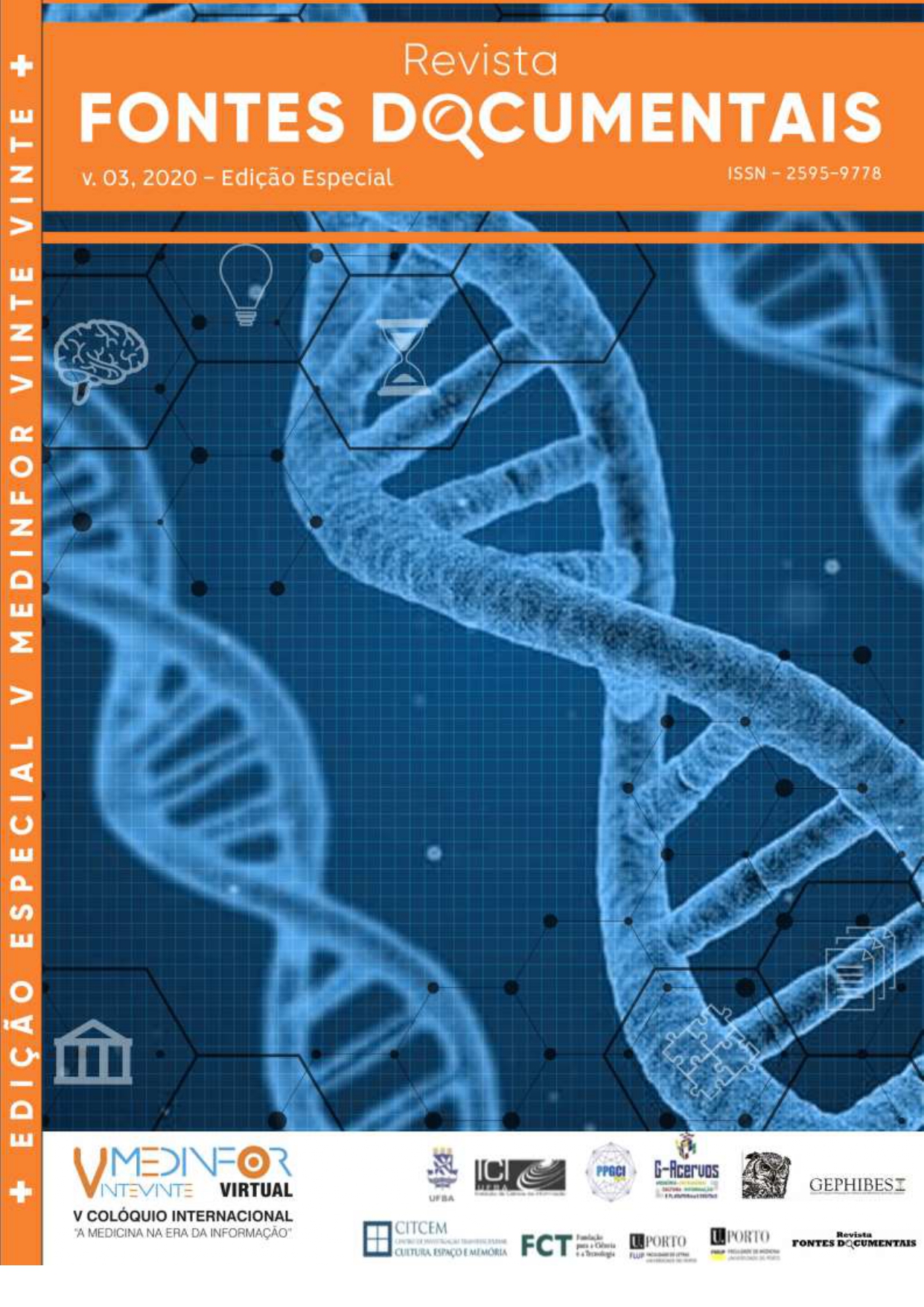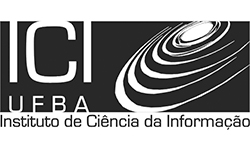Bem-estar e consumo de notícias durante a pandemia de COVID-19
Palabras clave:
Bem-estar, Jornalismo, Mídia, Psicologia, Covid-19, CoronavírusResumen
Entre final de março e início de abril de 2020, o Brasil registrava menos de mil mortes pela COVID-19. Que impactos no bem-estar esses dados provocavam?Que papel tinha a mídia na divulgação de informações sobre a pandemia? Um questionário online foi aplicado em 306 brasileiros, para verificar níveis de bem-estar nas diferentes gerações de adultos, e sua relação com o consumo de notícias. Resultados apontam que alguns grupos diferem em sua confiança na mídia e na qualidade de vida experimentada. Este estudo interdisciplinar aprofunda a compreensão sobre participação da imprensa na resolução de problemas e seus efeitos no bem-estar.
Descargas
Citas
BARFORD, Ian; HESTER, Patrick. Analysis of generation y workforce motivation using multiattribute utility theory.Defense AR Journalv.18, n.1, p.63-81, 2011. Disponível em: https://go.gale.com/ps/anonymous?id=GALE%7CA252289969&sid=googleScholar&v=2.1&it=r&linkaccess=abs&issn=15536408&p=AONE&sw=wAcesso em 23 jul. 2020.
BERNARDINO, C., Ferreira, H.A. and Chambel, T. Towards Media for Wellbeing. In Proceedings of the ACM International Conference on Interactive Experiences for TV and Online Video(pp. 171-177), June-2016.
BRACKBILL, Robert et al.Asthma and posttraumatic stress symptoms 5 to 6 years following exposure to the World Trade Center terrorist attack.Jamav.302, n.5, p.502-516, 2009. Disponível em: https://jamanetwork.com/journals/jama/article-abstract/184343. Acesso em 23 jul. 2020.
DHIR, Amandeep, et al. Online social media fatigue and psychological wellbeing—A study of compulsive use, fear of missing out, fatigue, anxiety and depression. International Journal of Information Managementv.40, p.141-152, 2018. Disponível em: https://www.sciencedirect.com/science/article/pii/S0268401217310629?casa_token=1BByc7WN7WgAAAAA:WMl42YuLgvHga-4_CGz9PUx_fEAZeegafxM1UO3kdOOE-8jwJRBLQB8BgL3zonCTrBQ9SBGEpwAcesso em 23 jul. 2020.
FONTCUBERTA, Mar de. La noticia: pistas para percibir el mundo. Barcelona: Paidós, 1993.
NERIA, Yuval; GREGORY Sullivan. Understanding the mental health effects of indirect exposure to mass trauma through the media.Jamav.306, n.12, p.1374-1375, 2011. Disponível em: https://jamanetwork.com/journals/jama/article-abstract/1104420
NEWMAN, N.; FLETCHER, R., SCHULZ, A.; ANDIi, S.; NIELSEN, R. Reuters Institute Digital News Report 2020. (online), 2020. Disponível em https://reutersinstitute.politics.ox.ac.uk/sites/default/files/2020-06/DNR_2020_FINAL.pdf
NORRIS, Fran et al.60,000 disaster victims speak, part I: an empirical review of the empirical literature, 1981-2001. Psychiatry Interpersonal and biological processes.v.65, n.3, p.207-239, 2002. Disponível em: https://guilfordjournals.com/doi/abs/10.1521/psyc.65.3.207.20173Acesso em 23 jul. 2020.
QUEITZSCH, Sally. Five generation juggle.Johnston & Goldsmith, Think Paper,v.25, 2015. Disponível em: https://static1.squarespace.com/static/5859fc13197aeabb8cf959f0/t/58a50de1d482e94691deda4e/1487212012446/Five+Generation+Juggle.pdfAcesso em 23 jul. 2020.
REGINATO, Gisele. As finalidades do jornalismo: o que pensam veículos, jornalistas e leitores. Tese de Doutorado: UFRGS, 2016.
WOOD, Stacy. Generation Z as consumers: Trends and innovation. Institute for Emerging Issues: NC State University, p.1-3. Disponível em: https://iei.ncsu.edu/wp-content/uploads/2013/01/GenZConsumers.pdfAcesso em 23 jul. 2020.
WORLD HEALTH ORGANIZATION, REGIONAL OFFICE FOR EUROPE. Use of well-being measures in primary health care -the DepCare project health for all. WHO Regional Office for Europe: Copenhagen. Target 12. E60246. Geneva: WHO, 1998.
Descargas
Publicado
Cómo citar
Número
Sección
Licencia
Derechos de autor 2023 Sibele Dias de Aquino, Lívia de Souza Vieira

Esta obra está bajo una licencia internacional Creative Commons Atribución-NoComercial 4.0.
O(os) autor(es) do trabalho submetido a Revista Fontes Documentais declara(m):
- Declaro que participei suficientemente do trabalho para tornar pública minha responsabilidade pelo conteúdo.
- Declaro que o uso de qualquer marca registrada ou direito autoral dentro do manuscrito foi creditado a seu proprietário ou a permissão para usar o nome foi concedida, caso seja necessário.
- Declaro que todas as afirmações contidas no manuscrito são fatos são verdadeiras ou baseadas em pesquisa com razoável exatidão.
- Declaro que os direitos autorais referentes ao artigo agora submetido pertencerão à Revista Fontes Documentais, sendo permitido que outros possam distribuir, remixar, adaptar e criar a partir do deste trabalho, exceto para fins comerciais, desde que atribuído o devido crédito.







